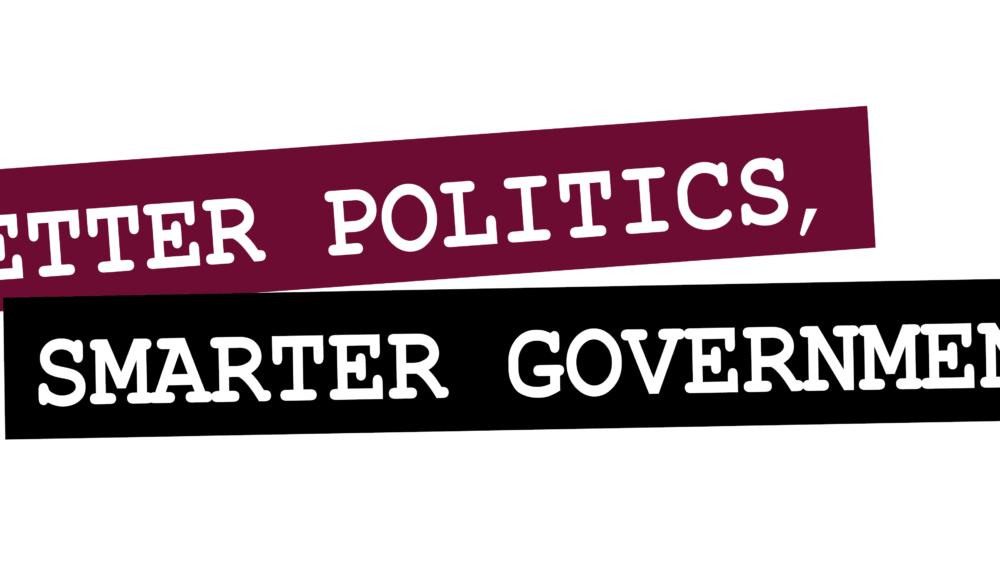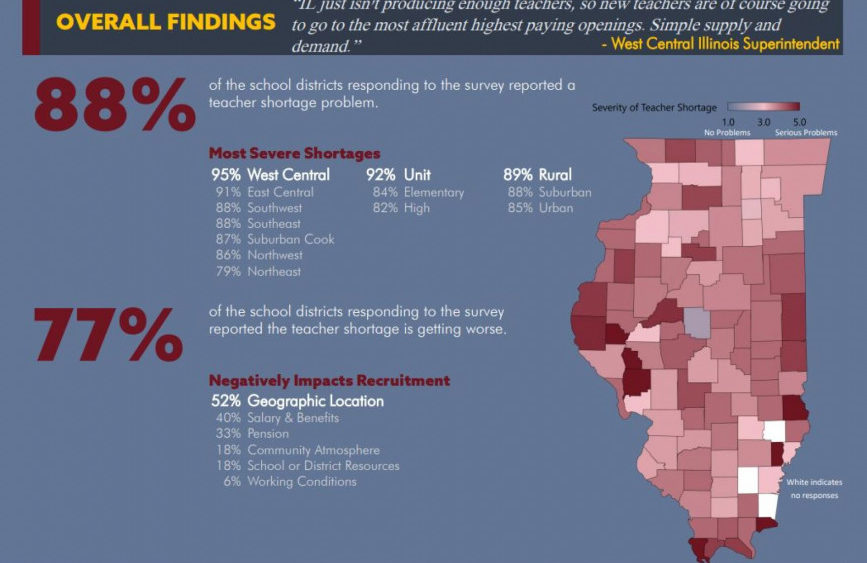Sometimes I think back to my college days: a big term paper to write, getting pushed off until the last minute. Then a mad scramble after midnight to wrap it all up, hurriedly put together, barely time to digest and understand the material before I had to produce a finished product, fueled largely by caffeine and cold pizza.
Somehow, back then, it worked. I could usually get an “A,” even for such a rushed product. But that was then, this is now – and even though Illinois lawmakers might not realize it, this ain’t college; it’s the real world.
And in the real world, that kind of slapped-together effort doesn’t really cut it, not when real money is at stake. Lawmakers passed a $42 billion budget that was hundreds of pages long, just a few hours after it made available for review, and with about 20 minutes of debate by two speakers – one for, one against. Even if you had the Cliff’s Notes in front of you, there’s no way you could really have an understanding of that material.
This, of course, is nothing new for the General Assembly. It’s how budgets get put together every year. And in reality, the budget is made up of component parts that had been reviewed and debated at length in the weeks leading up to May 31st. But it’s still a slapdash process that does nothing to instill confidence in the final result.
The same is true for an ethics “reform” package that was unveiled in the waning hours of the session. Ethics was supposedly a top priority of lawmakers, dating back to pre-pandemic days, following a slew of indictments of elected officials. But all those months of work produced a rudimentary bill that barely scrapes the surface of ethics concerns in the state. It imposes a “revolving door” prohibition on lawmakers becoming lobbyists, but one that is so weak as to be nearly meaningless. And the legislative inspector general has been given marginally more autonomy, but must still ask lawmakers for assistance to conduct any kind of serious investigation of their colleagues. It’s an ethics package tailor-made for those who really don’t have much of a problem with the status quo.
The final hours of the legislative session wound up being very much like my term paper writing – a flurry of activity, much of it through bleary eyes in the wee small hours of the morning, hoping it will result in a product that’s good enough to get by. Case in point: the lengthy debate that preceded an effort to kill a bill to let Capital Township voters select their own supervisor and assessor (those roles are now filled by the Sangamon County Treasurer and Clerk, who are elected by voters across the county, not just those in the township). The bill was defeated; that’s a blow to self-determination for township residents, and a victory for those who didn’t want to create two new elected positions with salaries attached. All well and good, but it didn’t even touch on the fact that townships are a wasteful anachronism here and across the state. We should have been debating doing away with them entirely, but after all the discussion and debate, we were left with the status quo.
In my term paper days, I could usually string together enough coherence to land that “A.” But there is no amount of cold pizza and caffeine that could turn the results of this legislative session into an acceptable final product – and no grading curve generous enough to give the legislature a passing grade for this effort.




